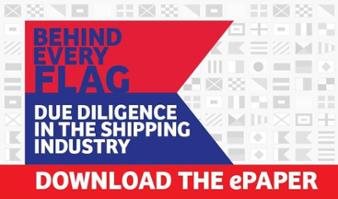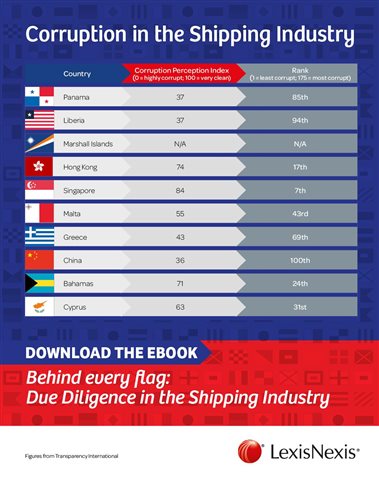A Confidential Information Memorandum (CIM) plays a pivotal role in any M&A transaction . It’s the cornerstone document that introduces the company, sets the tone for buyer discussions, and frames the...
Identifying politically exposed persons (PEPs) is a cornerstone of modern compliance, forming a key component of anti-money laundering (AML) frameworks and responsible corporate governance. PEP checks...
Regulatory risk management refers to the structured discipline of identifying, assessing, and mitigating risks linked to evolving laws, rules, and supervisory expectations. For organisations operating...
A transaction can unravel in seconds due to missed red flags, incomplete diligence, unreliable sources and more. In investment banking, the cost of blind spots is often reputational fallout, failed deals...
For investment banking analysts, due diligence often means long nights, endless tabs, and high stakes. The information must be right, and the timing must be perfect, which simply isn’t sustainable or attainable...
Over the last decade regulatory pressures requiring companies to carry out third party due diligence have primarily focussed on compliance across three areas; anti-bribery and corruption, anti-money laundering, and sanctions regulation.
The shipping sector is particularly vulnerable to bribery and corruption risk with instances of companies engaging government officials, such as custom authorities, where there might be demands for facilitation payments. A reliance on third parties to conduct trades or source vessels from countries that do not align with the US Foreign Corrupt Practices Act (FCPA) or the UK Bribery Act can cause additional complications. Finally, the ever changing global sanctions landscape can lead to breaches of the law, where a shipping company does business with an entity on a sanctions list.
Industry regulators expect companies, particularly within the financial services sector, to carry out due diligence and screening controls to mitigate the risks of dealing with blacklisted vessels and/ or owners. The UK Financial Conduct Authority covering a review into banks' handling of trade finance risk, encourages compliance units to have in place "… specialist staff offering technical advice on topics like trade embargoes and financial sanctions and performing extra due diligence on transactions (such as vessel searches and checks)…".
The consequences of not robustly verifying supplier and partner relationships can be significant, both in financial and reputational terms. Only last month, three Japanese shipping executives were indicted by the FBI for participating in a long-running price-fixing cartel. The three, who formerly worked for Kawasaki Kisen Kaisha and Nippon Yusen Kabushiki Kaisha, are among seven executives charged in a price fixing scandal involving allocation of customers and routes, rigging bids and fixing prices for the sale of international ocean shipments of roll-on, roll-off cargo to and from the United States and elsewhere. At the time of writing, fines in the case have reached $136 million.
Conducting third party due diligence across the supply chain to understand where third party risk lies will be crucial to the future of shipping and its ability to survive and thrive. To help organisations in the sector meet the challenge of enhanced third-party due diligence, LexisNexis has created an ebook 'Behind every flag: Due Diligence in the Shipping Industry'. The ebook can be downloaded at the link below.
Related Blogs
ps 3 ways you can apply this information right now to…
- To protect your business and reputation you need to better understand your customers, employees and vendors. Lexis Diligence brings together all the intelligence you need in one place to conduct consistent due diligence and comply with anti-money laundering and anti-bribery regulatory requirements.
- Keep up to speed on developing news and expert opinion with our regular posts on Anti-Bribery & Corruption
- Leave a comment below. Let's start a conversation!
